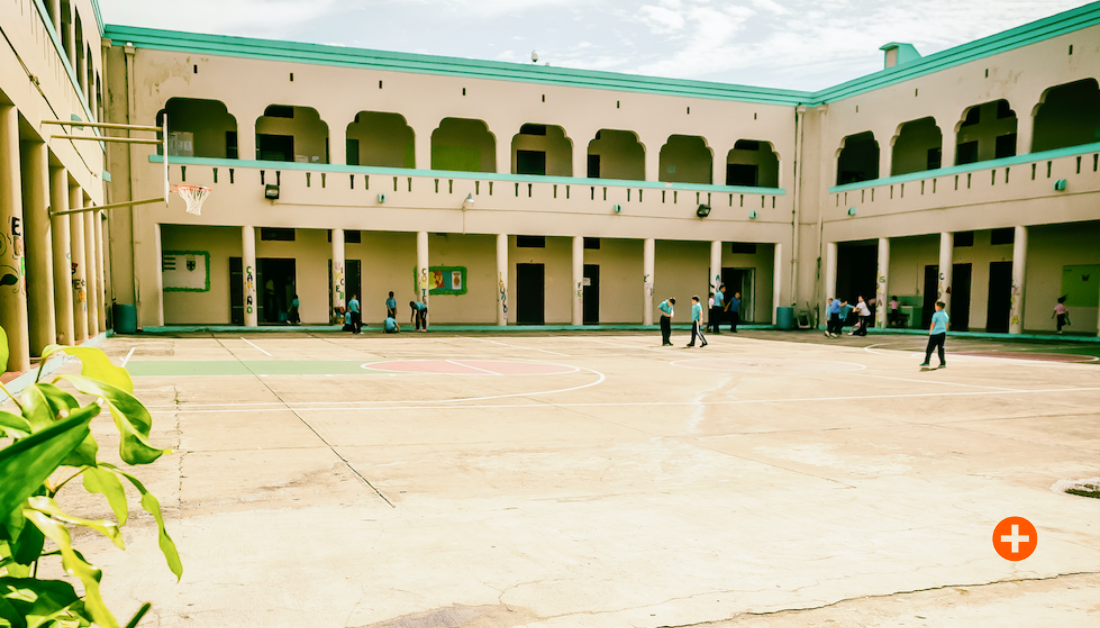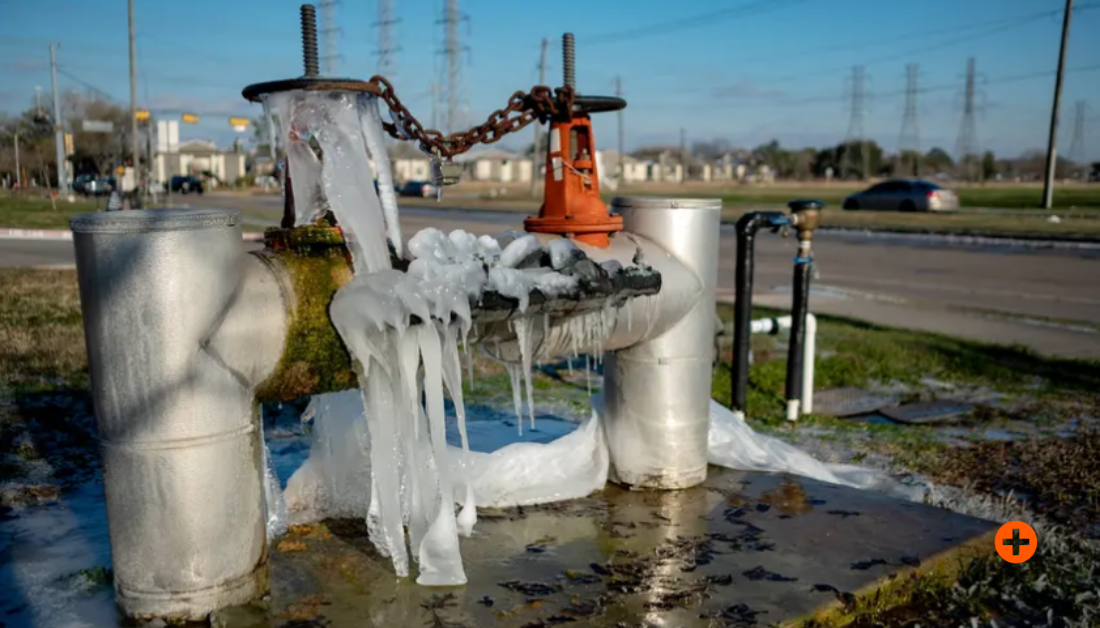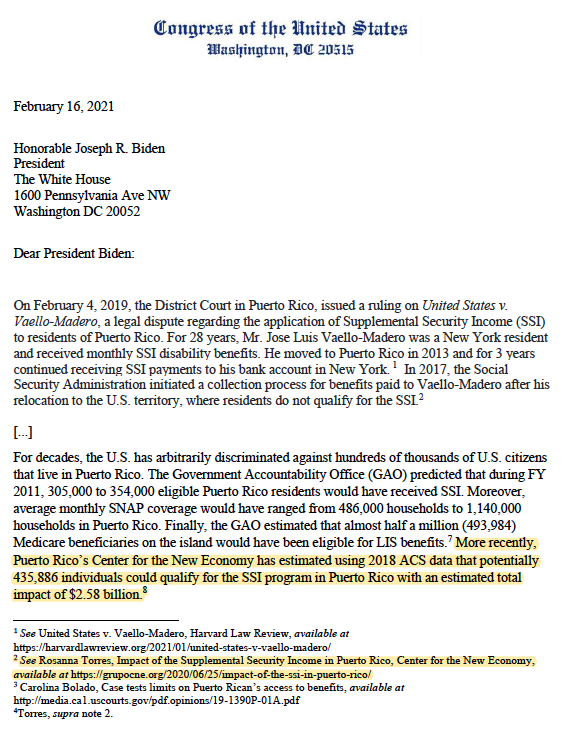
Published on February 25, 2021 / Leer en español
Dear Readers:
This week’s issue of the Weekly Review focuses on two subjects that at first glance may appear to be unrelated: the reopening of schools and the need to modernize infrastructure in light of climate change, as demonstrated by widespread electricity blackouts in Texas.
Both policy programs, however, require a high degree of state capacity to be executed successfully. As readers of this newsletter know, state capacity is the set of skills, capabilities, and resources necessary to perform policy functions, which range from policy design, implementation, and the provision of services, to policy evaluation and fine-tuning, as necessary.
As Puerto Rico prepares to reopen its schools and to spend billions of dollars on new infrastructure, including a new electricity grid, many doubt whether the island has the capacity to plan, execute, and administer complex policy initiatives in an effective and timely manner. Execution capacity, indeed, remains an open question. The mess with the disbursement of Pandemic Unemployment Assistance (“PUA”) funds, the collapse of the primary vote, and the fact that more than three years after hurricane Maria only a handful of homes have been rebuilt under local post-disaster reconstruction programs, are just some recent examples of Puerto Rico’s lack of state capacity.
I guess we will soon find out if the central government of the island has any capacity left to execute complex policy programs and to provide at least some of the basic services the people of Puerto Rico desperately need.
—Sergio M. Marxuach, Editor-in-Chief
Insights + Analysis from CNE

How to Reopen Puerto Rico’s Schools
By Jennifer Wolff, Ph.D. – Director, Madrid Policy Bureau
The United Nations has alerted about a potential “generational catastrophe.” The prolonged closing of schools will have future negative repercussions for children and youth throughout the world and Puerto Rico will be no exception. It will also negatively affect the island’s future human capital stock.
This is why discussing when and how to reopen the island’s schools must acquire a sense of urgency. It is not about acting in haste, but about making the educational system a priority. The experience accumulated in other countries tells us that reopening schools goes beyond making disinfectants available or preparing checklists: it requires the continuous and active involvement of the education and health authorities, the school community, and both regional and national governments in order to keep the system working safely in the midst of the pandemic. It is a time and labor-intensive process that requires transcending bureaucratic rigidities and comfort zones.

Photo Credit: May-Ying Lam for The Texas Tribune
The Mess in Texas
By Sergio M. Marxuach, Policy Director
Last week the people of Texas had their most recent close encounter with extreme weather. For the sixth time in twenty years, temperatures dropped to frigid lows and demand for electricity, as could be expected, shot up. But the manager of the Texas grid, the Electric Reliability Council of Texas (“ERCOT”) was singularly ill-equipped to face this foreseeable contingency. This is a complicated story, so let’s take it one step at a time.
Texas, in contrast to the other 47 contiguous states in the United States, manages a largely isolated grid and is by and large not interconnected to out-of-state electricity generators. To avoid federal regulation and “protect” the state’s powerful oil and gas industry, the state has created a largely independent and lightly-regulated utility network. As a result, 90% of the electricity consumed in Texas is generated in-state.
Policy Impact Highlight
By Rosanna Torres – Director, Washington, D.C. Office

Last week, in line with CNE’s recommendations and citing our research, five Members of Congress, led by Rep. Nydia M. Velázquez, wrote a letter to the Biden Administration requesting that it withdraw a legal petition for a writ of certiorari submitted to the Supreme Court of the United States last fall by the Trump Administration.
The Trump Administration’s petition, submitted by the Department of Justice (DOJ), lays out the reasons why the Supplemental Security Income (SSI) program should not be extended to residents of Puerto Rico. CNE sent a memo to President Biden’s transition team in November where we suggest, among other things, that in order to follow through on its promises to extend the SSI program to the island, the Administration should withdraw the DOJ’s petition for a writ of certiorari in the case of Mr. Vaello-Madero.
On Our Radar...
![]() Keynesian Fiscal Policy – “With Western economies battered by COVID-19 and central banks running out of ammunition, fiscal policy is the only game in town. This should be openly acknowledged, and fiscal rules should be rewritten to allow for more active counter-cyclical policy and a much larger government role in allocating capital,” writes Robert Skidelsky for Project Syndicate.
Keynesian Fiscal Policy – “With Western economies battered by COVID-19 and central banks running out of ammunition, fiscal policy is the only game in town. This should be openly acknowledged, and fiscal rules should be rewritten to allow for more active counter-cyclical policy and a much larger government role in allocating capital,” writes Robert Skidelsky for Project Syndicate.
![]() Automatic Stabilization Programs – William A. Galston of the Brookings Institution argues that “we should preauthorize economic stabilization measures, the size and timing of which would [be] determined by quantitative triggers.” For example, “when a state’s unemployment rate increases by a legislatively defined amount, the federal government’s matching payments for Medicaid and the Children’s Health Insurance Program (CHIP) would automatically increase, and it would qualify for extended and enhanced unemployment insurance as well.” Eventually, “as the downturn abates, federal aid in these three categories would be scaled back and would go to zero when conditions have returned to normal (as defined by legislation).”
Automatic Stabilization Programs – William A. Galston of the Brookings Institution argues that “we should preauthorize economic stabilization measures, the size and timing of which would [be] determined by quantitative triggers.” For example, “when a state’s unemployment rate increases by a legislatively defined amount, the federal government’s matching payments for Medicaid and the Children’s Health Insurance Program (CHIP) would automatically increase, and it would qualify for extended and enhanced unemployment insurance as well.” Eventually, “as the downturn abates, federal aid in these three categories would be scaled back and would go to zero when conditions have returned to normal (as defined by legislation).”
![]() Social Repercussions of Pandemics – “Epidemics may have social scarring effects, increasing the likelihood of social unrest. They may also have mitigating effect, suppressing unrest by dissuading social activities. Using a new monthly panel on social unrest in 130 countries, [researchers for the IMF found] a positive cross-sectional relationship between social unrest and epidemics. But the relationship reverses in the short run, implying that the mitigating effect dominates in the short run. Recent trends in social unrest immediately before and after the COVID-19 outbreak are consistent with this historic evidence.”
Social Repercussions of Pandemics – “Epidemics may have social scarring effects, increasing the likelihood of social unrest. They may also have mitigating effect, suppressing unrest by dissuading social activities. Using a new monthly panel on social unrest in 130 countries, [researchers for the IMF found] a positive cross-sectional relationship between social unrest and epidemics. But the relationship reverses in the short run, implying that the mitigating effect dominates in the short run. Recent trends in social unrest immediately before and after the COVID-19 outbreak are consistent with this historic evidence.”
